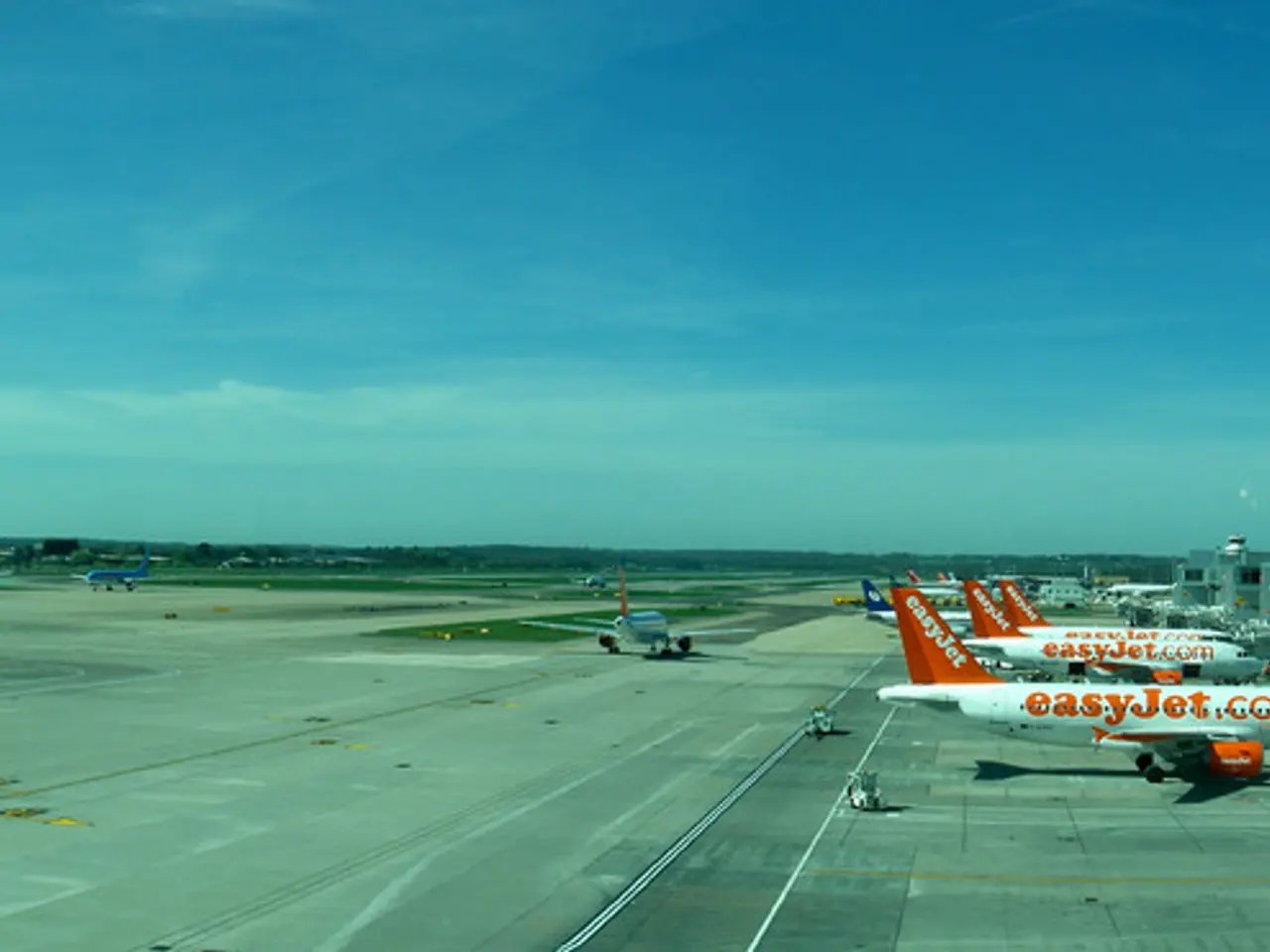Compromised Wi-Fi Router Causes Airport Delays, Highlights Aviation Cybersecurity Gaps
A compromised Wi-Fi router in a nearby café caused a passenger bridge failure, leading to delays at several gates in German airports. This incident has raised serious concerns about aviation cybersecurity, particularly in light of recent attacks on airport systems.
German Air Traffic Control (DFS) confirmed a cyberattack in September 2024, affecting internal systems but not flight operations. The attack was attributed to the state-sponsored group APT28, highlighting the urgent need for action in airport cybersecurity. Modern airports are highly interconnected digital ecosystems, but their cybersecurity often relies on outdated and fragmented protective mechanisms. These systems, including baggage handling, climate control, and passenger bridges, are controlled by embedded OT systems that communicate via networks. However, these systems often share networks with retail systems, digital signage, or guest WLAN, allowing attackers to spread undetected in flat, unsegmented networks. Robust network segmentation is crucial to separate critical cybersecurity systems from publicly accessible or insecure areas. True cyber resilience in airport operations begins with comprehensive asset transparency, proactive vulnerability management, and AI-driven threat intelligence. Recent incidents at international airports, including the attack on DFS and the disruption at Berlin Brandenburg Airport (BER), underscore the importance of these measures.
The compromised Wi-Fi router incident and the subsequent DFS cybersecurity attack serve as stark reminders of the vulnerabilities in aviation cybersecurity. As airports continue to evolve into complex digital ecosystems, robust and proactive cybersecurity measures are essential to ensure the safety and stability of flight operations. Outdated systems and unsegmented networks must be addressed to prevent future disruptions and maintain the resilience of aviation security.







